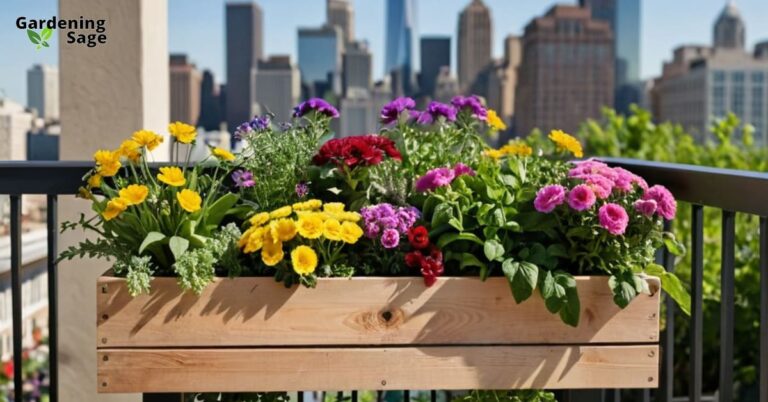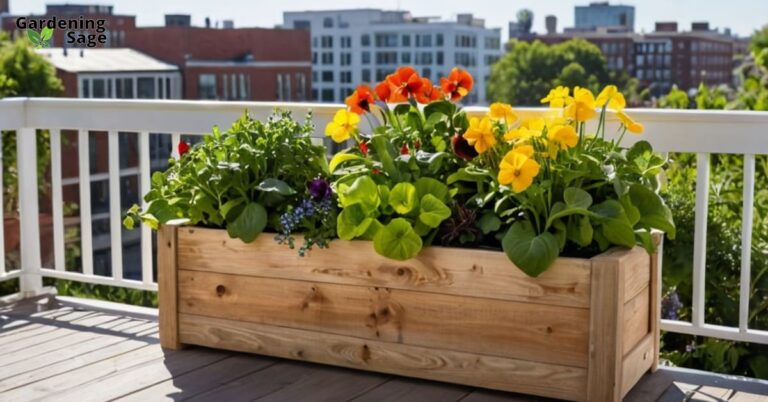In the hustle and bustle of modern living, finding solace within our homes has become a priority. Step into the world of Zen gardens, where the art of designing serene outdoor spaces meets the pursuit of tranquility.
In this extensive guide, we will not only explore the creation of a Zen haven in your outdoor space but also delve into perfect yard design principles and expert small front yard landscaping ideas. Immerse yourself in the journey of crafting a haven of peace and timeless beauty.
The Essence of Zen Gardens: A Symphony of Serenity
1. Understanding Zen Philosophy in Garden Design
The essence of Zen gardens lies in a profound philosophy that transcends mere aesthetics. It’s about creating harmony, balance, and a profound sense of peace.
To truly appreciate the art of Zen gardening, it’s essential to understand the principles of Zen philosophy in garden design. Zen philosophy emphasizes simplicity, naturalness, and austerity.
Every element in a Zen garden is carefully chosen to create a sense of calmness and tranquility. Rocks, gravel, and carefully pruned plants symbolize nature in its purest form, allowing individuals to connect with the fundamental essence of life.
2. Incorporating Elements of Simplicity and Minimalism
Small front yards provide the perfect canvas for expressing the principles of simplicity and minimalism inherent in Zen gardens. Begin with a limited color palette, favoring neutral tones to create a sense of calm. Integrate clean lines and uncluttered spaces to ensure a minimalist approach to landscaping.
Consider using low-maintenance, native plants that thrive in your local climate. This not only simplifies maintenance but also enhances the natural and serene atmosphere of your Zen-inspired outdoor space.
Crafting Your Perfect Serene Outdoor Spaces
1. Selecting the Right Plants for Tranquility
The journey towards a perfect yard involves a careful selection of plants that embody tranquility. Bamboo, known for its graceful and swaying demeanor, is a quintessential choice.
Japanese maples bring vibrant yet calming foliage, while moss-covered ground provides a soft and natural carpet that aligns with the Zen aesthetic.
2. Balancing Hardscape and Softscape Elements
Balance is at the heart of creating a perfect yard with Zen elements. Integrate hardshipscape elements, such as strategically placed rocks, gravel, and stepping stones, with softscape elements like moss, ground covers, and carefully pruned shrubs.
Achieving equilibrium between these elements contributes to the visual appeal and tranquility of the space.
3. Creating Meditative Spaces
Designate specific areas within your garden for meditation and reflection. Introduce simple yet elegant features like a stone bench, a well-placed lantern, or a small water feature.
These intentional spaces invite you to connect with nature on a deeper level, fostering a sense of peace and mindfulness.
Pathways to Tranquility
1. Curving Paths for Flow and Harmony
Incorporate curving pathways into your Zen garden to encourage a sense of flow and harmony. These paths guide your journey through the space, providing a contemplative walk that aligns with the principles of Zen philosophy.
2. Raked Gravel or Sand for Symbolic Patterns
Raked gravel or sand is not just a decorative element but a symbolic one in Zen gardens. The act of raking is a meditative practice, representing the continuous flow of life.
Beyond its aesthetic appeal, the patterns formed in raked gravel or sand add an extra layer of mindfulness to your outdoor space.
Perfecting the Zen Garden Experience: Maintenance and Care
1. Mindful Garden Maintenance
Maintain the serenity of your Zen garden through mindful care. Regularly rake gravel or sand, trim plants with precision, and ensure that each element is in harmony with the overall design.
Cultivate an atmosphere of peace through attentive garden maintenance.
2. Integrating Water Features for Calming Sounds
Water features, such as small fountains or stone basins, can enhance the Zen experience with soothing sounds. The gentle trickle of water contributes to the overall ambiance, creating a tranquil retreat in your outdoor haven.













